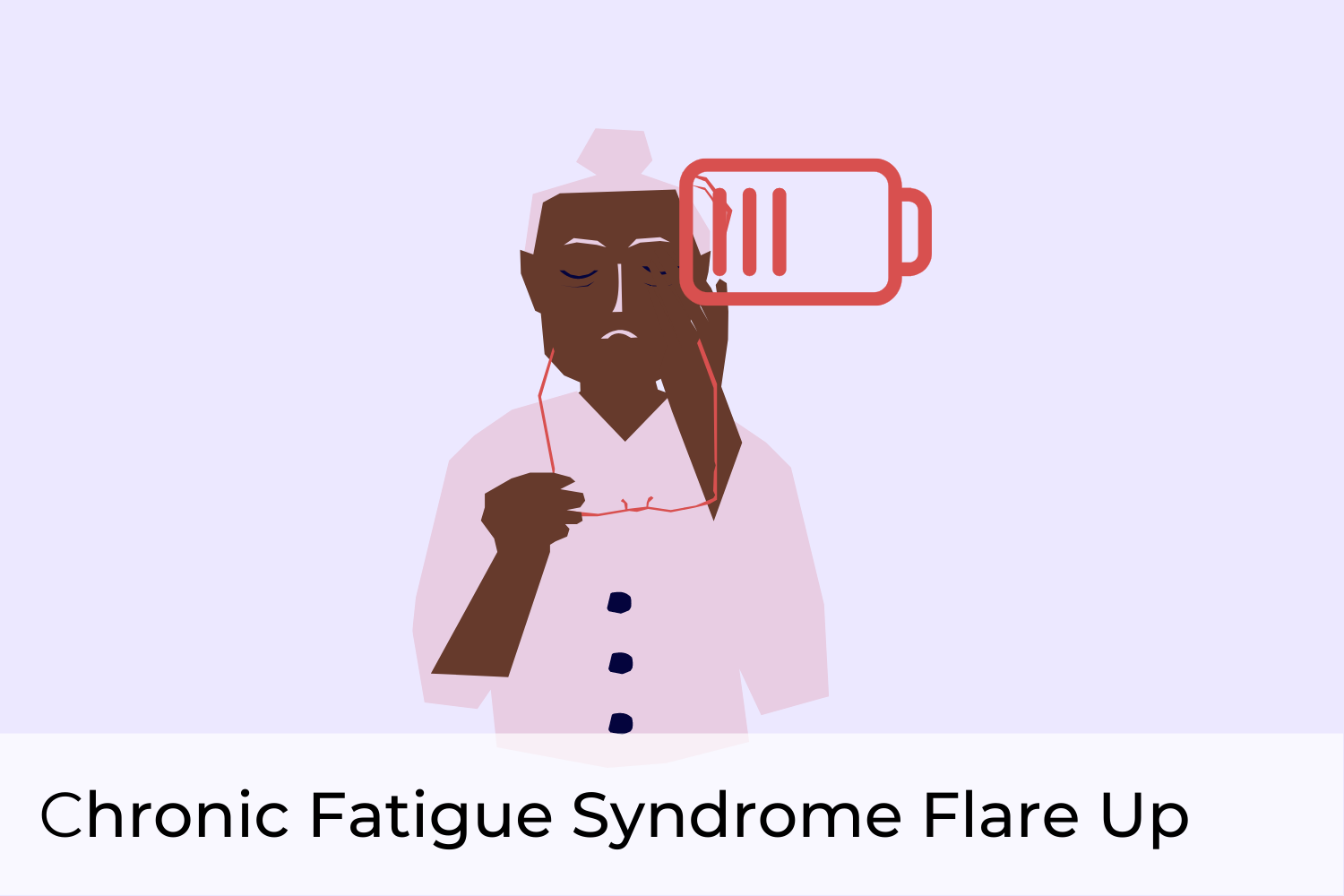- Empty cart.
- Continue Shopping
How to Cope with Chronic Fatigue Syndrome

Chronic Fatigue Syndrome (CFS), also known as Myalgic Encephalomyelitis (ME), is a long-term illness characterized by extreme fatigue that doesn’t improve with rest. The condition can be debilitating, affecting various aspects of life, including work, relationships, and mental well-being. While there’s currently no cure for CFS, there are ways to manage the symptoms and improve your quality of life.
Understanding the Symptoms
Physical Symptoms
The most prominent symptom is, of course, fatigue. However, CFS can also manifest as muscle pain, joint pain, headaches, and sleep disorders.
Cognitive Symptoms
Many people with CFS experience “brain fog,” which can include difficulties with memory, concentration, and decision-making.
Emotional Symptoms
The condition often leads to emotional symptoms like anxiety, depression, and irritability due to the chronic nature of the illness and its impact on daily life.
Medical Interventions
Consult a Healthcare Provider
The first step in managing CFS is to consult a healthcare provider for a proper diagnosis and treatment plan, which may include medication for symptom relief.
Cognitive Behavioral Therapy (CBT)
CBT has been found to be effective in helping people cope with the emotional and psychological aspects of CFS.
Alternative Therapies
Some people find relief through alternative therapies like acupuncture, although the effectiveness of these treatments varies from person to person.
Lifestyle Changes
Pacing
One of the most effective strategies for managing CFS is pacing. This involves balancing periods of activity with periods of rest to avoid overexertion.
Diet and Nutrition
A balanced diet rich in nutrients can help manage symptoms. Some people with CFS also find relief by avoiding certain foods that trigger symptoms.
Exercise
While it may seem counterintuitive, gentle exercise like walking or swimming can actually help alleviate some symptoms. However, it’s crucial to consult a healthcare provider before starting any exercise regimen.
Emotional and Social Support
Support Groups
Joining a support group can provide emotional relief and practical advice on managing symptoms.
Open Communication
Maintaining open communication with friends and family about your condition can help them understand what you’re going through, making it easier to ask for support when needed.
Professional Help
Don’t hesitate to seek professional help for managing emotional symptoms. Therapists and counselors can provide coping strategies tailored to your specific needs.
In conclusion, coping with Chronic Fatigue Syndrome is undoubtedly challenging, but it’s not insurmountable. By combining medical interventions with lifestyle changes and emotional support, you can create a multi-faceted approach to manage your symptoms and improve your quality of life.
Remember, you’re not alone in this journey. Support is available, both from healthcare providers and from others who are going through similar challenges. Take the first step by consulting a healthcare provider for a personalized treatment plan, and don’t hesitate to reach out for the emotional and social support you need.








